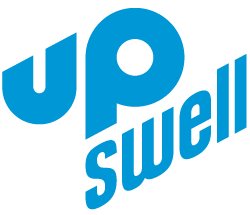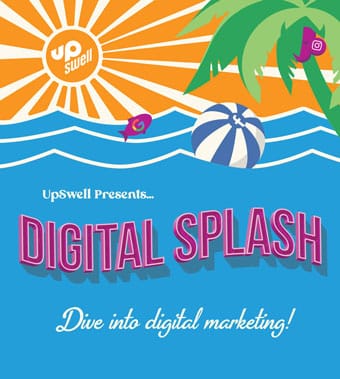In the past, paid search advertising has heavily relied on cookies to track web activity and user behaviors, using that data for targeted campaigns and audience insights. But as the digital world braces for the loss of this information, businesses need to hustle to revise their marketing strategies.
Cookies are leaving the game. Doom is imminent, right? Well, maybe not. Let’s look more closely at how losing third-party data affects paid search, and what a cookieless future will look like for advertising.
What are cookies and why do they matter?
When you visit a website, the site’s server will send a small stream of text (or a cookie) to your computer. This is the website’s way of remembering who you are and your preferences. This recognition lets the site tailor browsing experiences. For instance, it may keep the user logged in, show content matching their interests, or remember items left in the shopping cart.
Two types of cookies have a hand in our web browsing experience, and here is what they do:
- First-Party Cookies: The website the user is currently visiting creates and stores these. They are responsible for remembering login details and site preferences to show personalized, relevant content.
- Third-Party Cookies: These are set by domains other than the one the user is currently visiting. Third-party data provides the information used in cross-site tracking, retargeting, and displaying ads. We use this data to enhance the effectiveness and targeting of paid search and pay-per-click (PPC) advertising campaigns.
Impacts of Losing Third-Party Cookies on Paid Search
This change pushes us to find new ways to learn about users for targeted campaigns and make sure they still land with the intended audience. We are now compelled to shift focus toward first-party data and alternative tracking strategies, which may offer substantially less granularity than what we previously had to work with through third-party cookies.
Let’s take a look at how third-party cookies are currently used to track user data across multiple sites:
- Ad Targeting. Businesses can serve personalized ads based on browsing history and preferences which are stored by third-party cookies and accessible by other sites the user visits.
- Analytics and Insights. These cookies help gather data on user behaviors, demographics, and preferences that give us insights for market research and audience analysis. This ensures you target the right people at the right time.
- Cross-Site Personalization. As a result of this data tracking, you can serve more personalized, relevant, and effective content. This approach allows us to provide content that aligns closely with a user’s interests and needs across multiple sites, increasing the likelihood of conversion.
Preparing for a Cookieless World with Alternatives to Third-Party Data
According to a report published last year, only 8% of marketers claim they are “fully prepared” for the phase-out happening later this year. So, what do you do? Taking advantage of a few alternatives to the reliance on third-party cookies can help your brand stand out and keep you ahead of your competitors. This may include focusing more on first-party data, contextual advertising, existing CRM data, and even location-based strategies.
Meanwhile, partnering with UpSwell, a marketing agency that understands the core needs of your industry, will help you better address these pain points with paid search advertising, as the death of third-party data looms.
Ultimately, we need a deeper understanding of customer preferences to be successful with our new paid search strategies. This means getting to know your loyal customers better to create more effective campaigns and brand experiences.
Contact us to get in touch with one of our industry experts and set up your free marketing assessment.






